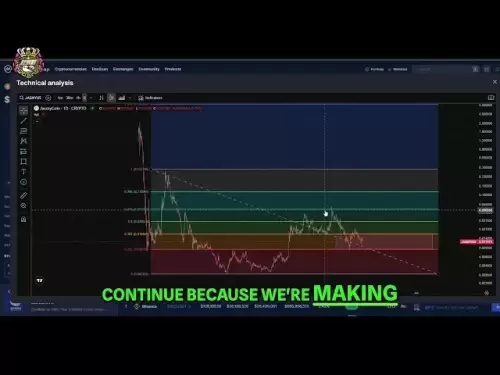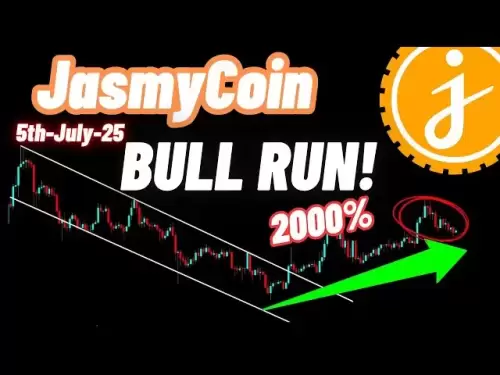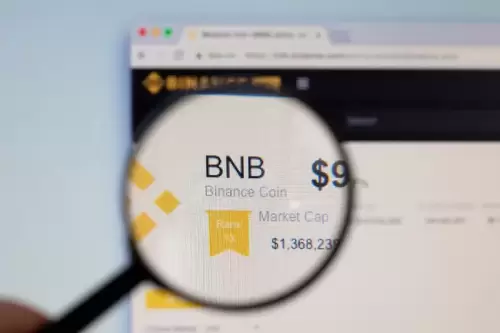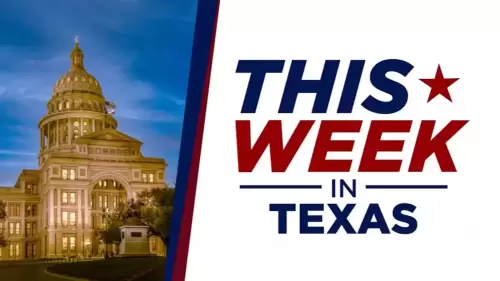Explore how Visa and blockchain are reshaping global payments, making them faster, cheaper, and more accessible. Dive into the latest trends and insights.

Visa, Blockchain, and Global Payments: A New Era of Financial Innovation
The intersection of Visa, blockchain technology, and global payments is creating a seismic shift in how money moves around the world. Visa is at the forefront, leveraging blockchain to make transactions faster, cheaper, and more accessible. Let’s dive into the key developments and trends shaping this exciting landscape.
Visa's Blockchain Breakthroughs: VTAP and B2B Connect
Visa has been actively exploring blockchain solutions. The Visa Tokenized Asset Platform (VTAP), launched in October 2024, is designed to enable banks to issue digital tokens on public blockchains like Ethereum. Imagine banks issuing digital dollars for 24/7 global payments! VTAP pilots are planned for 2025 with BBVA, utilizing smart contracts for automated tasks like instant credit lines. Also, Visa B2B Connect, active since 2019, uses Hyperledger Fabric to streamline high-value business payments across 90 markets. This initiative cuts costs and delays compared to traditional systems like SWIFT.
Stablecoins: A Bridge to Web3
Stablecoins, digital currencies pegged to stable assets like the U.S. dollar, are central to Visa’s blockchain strategy. Visa has already settled over $225 million in transactions using USD Coin (USDC) on Ethereum and Solana. In 2025, Visa partnered with Bridge to expand stablecoin payments in Latin America. This allows freelancers in Mexico or Argentina to receive payouts quickly at Visa’s vast network of 150 million merchant locations. Crypto-linked cards further simplify spending crypto like cash. Visa's approach aims to make blockchain payments seamless for everyday users.
AI Agents Meet Global Payments
Visa is pushing boundaries not only in blockchain but also in AI, with the launch of Visa Intelligent Commerce. This system allows AI agents to handle every step of the shopping journey on your behalf. Partnering with Crossmint, Visa aims to create a trusted ecosystem where only authorized AI agents can access a user’s payment credentials and make purchases, ensuring safety at every step. By supporting features like tokenization and real-time authentication, Visa is paving the way for personalized, secure shopping at scale.
OpenPayd and Ripple: A Collaborative Approach
Financial infrastructure firm OpenPayd has strategically collaborated with Ripple to deliver scalable, efficient, and compliant payment solutions for enterprise-level clients across the globe. The joint effort focuses on combining OpenPayd’s fiat infrastructure with Ripple Payments to support seamless transactions in euros (EUR) and British pounds (GBP), further strengthening Ripple’s position in the cross-border payments landscape. This collaboration also extends support for OpenPayd’s newly launched stablecoin infrastructure and enabling direct minting and burning of Ripple’s USD-denominated stablecoin, RLUSD.
Challenges and Opportunities
While Visa's blockchain efforts are promising, challenges exist. A U.S. DOJ antitrust suit questions its market dominance, and stablecoin regulations remain uncertain. Competition from Mastercard’s Multi-Token Network is also intensifying. Despite these hurdles, Visa’s infrastructure, partnerships, and expertise position it to lead the future of blockchain payments.
The Future is Now
Visa's blockchain initiatives are already transforming finance, making payments instant, affordable, and inclusive. By integrating stablecoins and exploring new technologies like AI agents, Visa is not just building faster payment systems but also shaping a decentralized financial future. It’s an exciting time to watch how these innovations unfold and impact global commerce!













































































